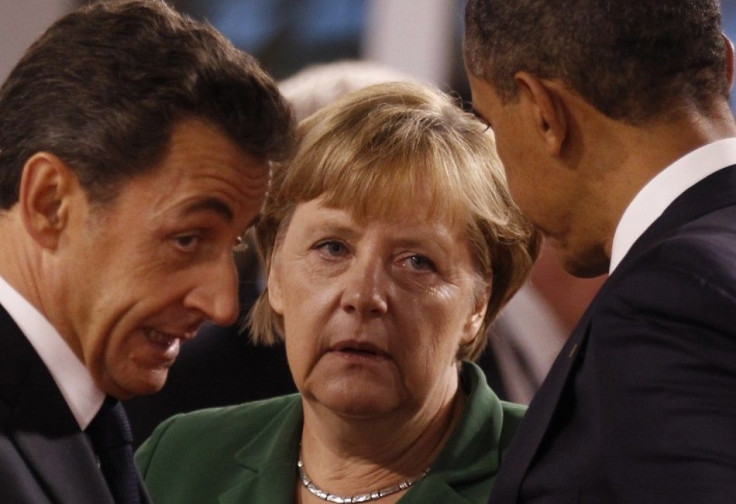G-20 Identifies 29 Major Banks Requiring More Capital, Closer Supervision

World leaders on Friday identified 29 banks deemed so important to the global financial system that they require more capital and closer supervision, as well as a plan that would safeguard taxpayers should they fail.
Leaders at the G-20 summit endorsed a new tax on banks to be levied depending on the amount they hold in assets, Reuters reported late Friday. Officially called a surcharge, the graded fee will start at 1 percent of risk-weighted assets, rising progressively to up to 2.5 percent for those with the biggest balance sheet.
The tax would be phased in over three years from 2016. The FSB did not specify which tax bracket each bank would fall into.
The list of banks released by the Financial Stability Board (FSB) includes 17 European and eight U.S. lenders, as well as four Asian banks.
The U.S. banks are Bank of America, Bank of New York Mellon, Citibank, Goldman Sachs, JPMorgan Chase, Morgan Stanley, State Street and Wells Fargo.
The European institutions are Lloyds Bank, Royal Bank of Scotland, Barclays, HSBC, Credit Agricole, Societe Generale, BNP Paribas, Banque Populaire, Deutsche Bank, Commerzbank, UniCredit, UBS, Credit Suisse, Deixa, ING, Banco Santander and Nordia.
The banks from Asia are the Bank of China, Sumitomo Mitsui Banking, Mizuho Financial and Mitsubishi UFJ.
© Copyright IBTimes 2024. All rights reserved.





















